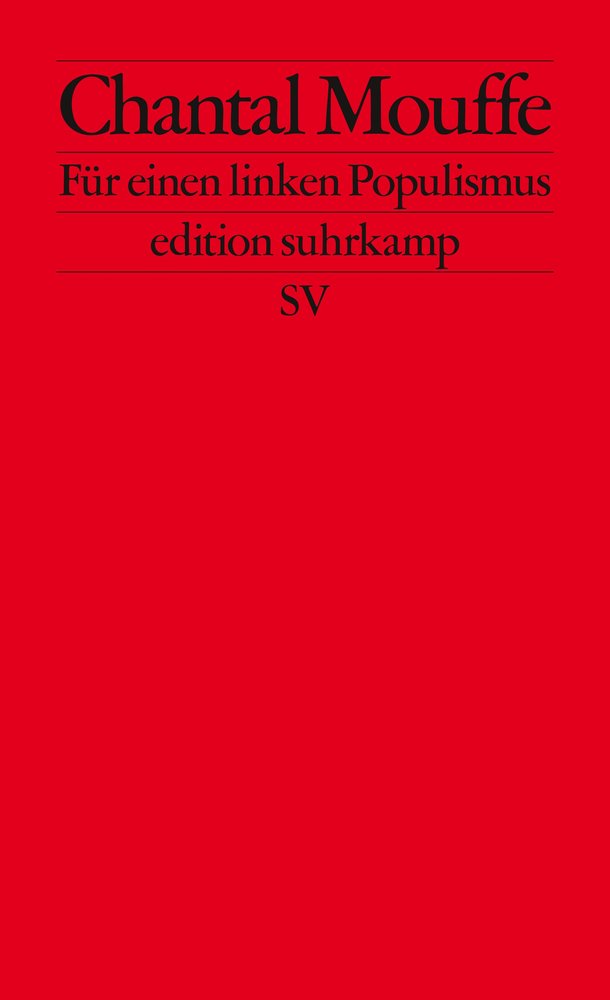Kann es das geben, einen guten, linken Populismus? Chantal Mouffe vertritt die Auffassung, dass dies möglich und sogar notwendig ist - eine Position, die ihr auch Kritik eingetragen hat. Führt das nicht zu einer gefährlichen Emotionalisierung? Läuft das nicht ebenfalls auf eine Unterscheidung zwischen gutem Volk und bösem Establishment hinaus? Politik, so Mouffe, funktioniere nun einmal über konfrontative Wir/sie-Konstruktionen; und ja, es gebe eine Art »Oligarchie«, die eine Verwirklichung demokratischer und ökologischer Ziele verhindere. Dies mache klare politische Alternativen und neue progressive Allianzen erforderlich. Eine so präzise wie provokante Intervention, die angesichts der Krise sozialliberaler Parteien und der Debatte um »Identitätspolitik« für Gesprächsstoff sorgen wird.


